This article was originally published on CABI BioProtection Portal
Conventional agriculture is depleting soil, harming biodiversity and contributing to climate change. These trends must be reversed, and in order to do so, agriculture must undergo a transformation. Regenerative agriculture offers a more sustainable way and has seen a rise in popularity in recent years. This approach offers a more sustainable way of producing food, with the principle of working with nature rather than against it. In this regard, the use of nature-based solutions such as biocontrol is a key component of regenerative agriculture.
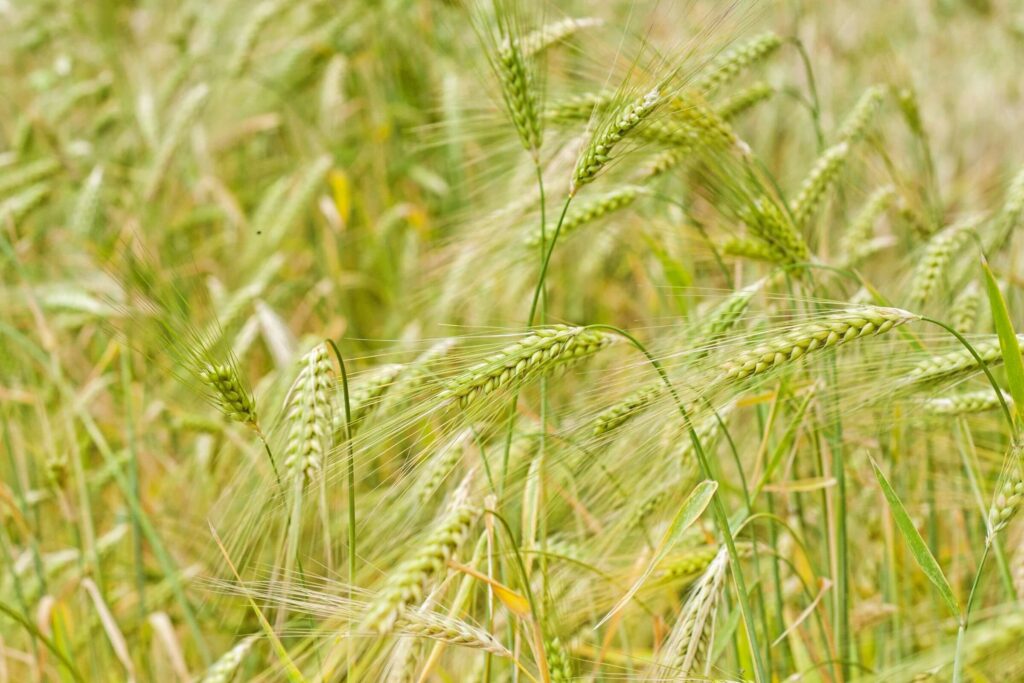
What is regenerative agriculture?
Regenerative agriculture is an approach that aims at restoring the health of farming ecosystems, especially soils, protecting the environment and improving climate resilience. This approach is based on various agricultural and ecological practices such as crop rotation, composting, the reduction of synthetic inputs or even agroforestry.
The use of these sustainable practices promotes biodiversity and regenerates degraded lands. Soils get healthier and water resources are protected. As a result, farming is more productive and profitable, and growers can maintain consistent yields.
In the big picture, regenerative agriculture lessens the pressure on the environment, using more nature-based practices that support the functioning of soils. The focus of this approach on soil health can also mitigate climate change in several ways, such as through the increased carbon storage in the soil.
Why should we use regenerative agricultural practices?
Conventional agriculture practices have numerous adverse consequences on the environment and are devastating to ecosystems’ biodiversity. Soil degradation caused by these practices releases carbon into the atmosphere, which contributes to climate change. Conventional agriculture leads to a decline in soil health as well, decreasing soil productivity in the long term. Ultimately, this threatens food security.
The decline in soil productivity is due to various conventional practices, such as the excessive input of chemicals into farming systems. For example, chemical pesticides harm beneficial organisms, reducing their ability to fight pests and diseases, but they also infiltrate the soil and leave toxic residues. Pesticides also contribute to climate change because they affect soils’ ability to sequester carbon through the disruption of soil organisms. Other practices like intensive tilling also disrupt soil structure and lead to soil erosion.
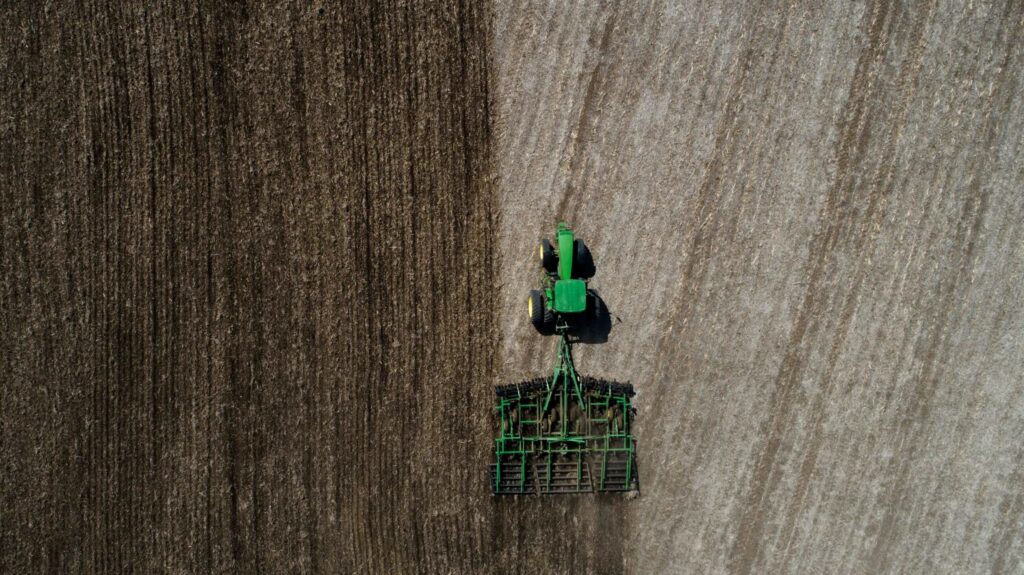
Regenerative agriculture describes farming systems that aim at reversing this trend by making a positive impact on the environment. Regenerative practices can restore and protect soil health, which is the foundation for sustainable crop production.
How can regenerative agriculture be implemented?
There is no single approach or solution to implement regenerative agriculture. Growers can adopt a wide range of agricultural practices that have to be tailored to their context and needs. There are, however, guiding principles that can be followed to put regenerative agriculture into practice.
The European Institute of Innovation and Technology distinguishes five principles:
- Minimising soil disturbance
- Minimising the inputs of chemicals
- Maximising biodiversity
- Keeping the soil covered as long as possible
- Adapting to the local environment
Opting for biopesticide and biocontrol solutions is a key component of regenerative agriculture and aligns with its principles. By doing so, growers promote a healthier environment and can reduce the need for chemical pesticides. Bioprotection products leave little to no residues in the soil and preserve, therefore, soil organisms and fertility.
Other important methods that align with these principles include crop diversification, cover cropping, crop rotation, agroforestry, avoidance or reduction of tillage and ploughing.
To learn more about regenerative practices, read this guide.
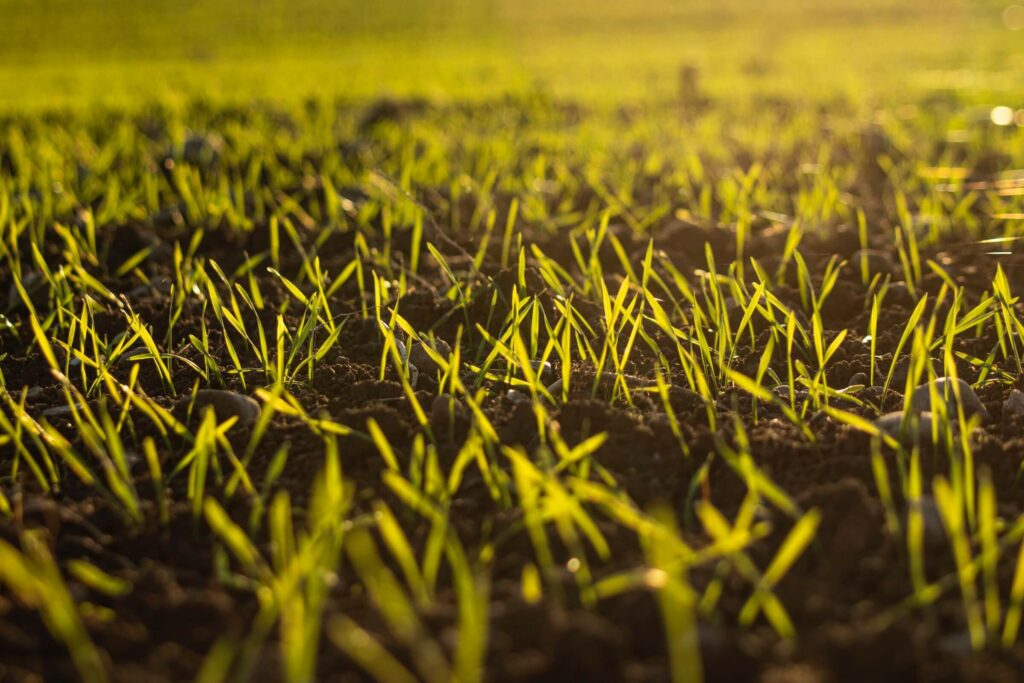
What are the benefits of regenerative agriculture?
Regenerative agriculture offers numerous benefits, both for the environment and the growers. Regenerative practices help improve soil health, reducing soil erosion and improving water quality.
Plants that grow in healthy soils can sequester more carbon in the ground, which can mitigate climate change.
Preserving soil health can also secure crop yields, unlike conventional farming that degrades soils and reduces crop productivity in the long term.
Promoting biodiversity and healthy soil also makes crops more resilient and robust to stresses such as extreme weather events or pests. This can profit growers as this reduces crop losses and the need for external inputs.
Regenerative agriculture offers a promising approach to sustainable food production. Restoring soil health, using nature-based solutions like biocontrol and promoting biodiversity; all these practices are interlinked and integrating them into farming systems could revolutionise the future of agriculture.
The CABI BioProtection Portal is committed to helping growers produce food more safely and sustainably with nature-based solutions, which ultimately promote regenerative agriculture.
Start embracing regenerative practices and search for biocontrol and biopesticides products on the CABI BioProtection Portal.
This article was originally published on CABI BioProtection Portal
The CABI BioProtection Portal is the largest global database of biological plant protection products. Browse registered products in your country>>
Read more
Conserving biodiversity: biocontrol for sustainable agriculture
A more sustainable way for food production
How can we help smallholders build resilience to climate change?
Carbon sequestration in Africa at the expense of livelihoods and biodiversity
2 Comments
Leave a Reply
Related News & Blogs
Training Sri Lanka’s agro-dealers in pesticide risk reduction
Agro-dealers provide vital support to Sri Lanka’s farmers. These agricultural input suppliers are often the first point of contact for smallholders who need advice on plant protection products. However, agro-dealers often lack formal training in safer…
3 July 2025


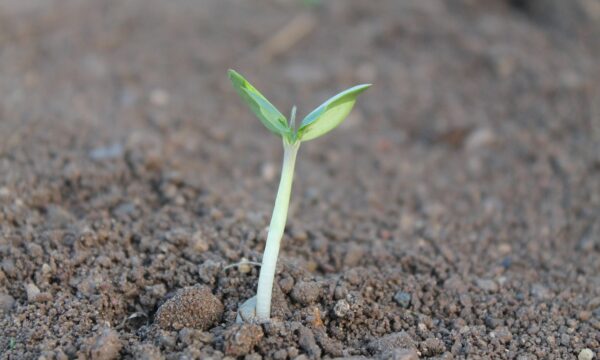
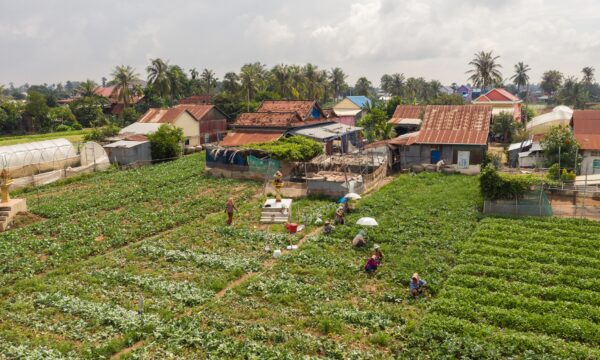
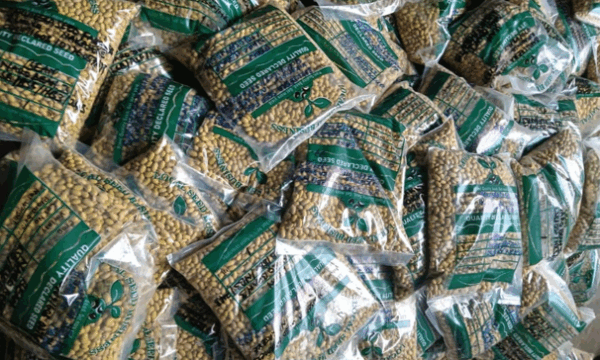
This article is worth posting.
Hii Fanny, Greetings…!!💐💐
This article is really informative.
Further, I wish to participate in any training or workshop related to Regenerative Agriculture. Please suggest any organisation conducting the same in India.
Thank you for kind concern and help.
Regards,
Kiran.